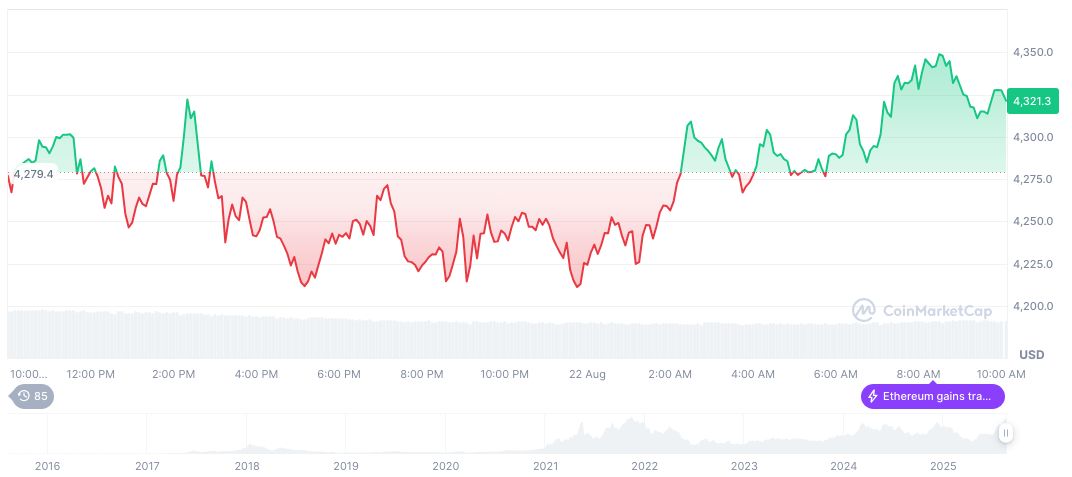- The DOJ will no longer prosecute decentralized software developers without proof of criminal intent, a significant change in regulatory policy.
- Ethereum and DeFi protocols could benefit from reduced prosecution risks.
- Community praises DOJ’s move but seeks further legislative protections.
The U.S. Department of Justice announced it will halt prosecuting decentralized software developers under Section 1960(b)(1)(C), marking a pivotal regulatory change for blockchain development.

This policy shift, stemming from Tornado Cash backlash, reduces legal risk for developers, potentially boosting venture capital in DeFi and privacy-focused projects, particularly impacting Ethereum ecosystems.
DOJ’s Shift: Criminal Intent Key for Developer Prosecution
Prosecution guidance tied to intent was a core component of this regulatory update, shaped by past legal cases involving allegedly criminal software use. Matthew Galeotti at key industry meetings proclaimed the DOJ’s shift away from prosecuting developers of non-custodial, automated, peer-to-peer crypto software. Such prosecution will now require proof of criminal intent. Roman Storm, tied to Tornado Cash, was central to the DOJ reevaluating its approach. DOJ’s new guidelines may lead to a possible surge in blockchain ventures, according to analysts, while reducing worries of developer prosecution.
Many industry stakeholders, including developer advocacy groups, have seen this as regulatory clarity. Galeotti’s statements were widely circulated among industry professionals, with innovators recognizing the reduced risk of legal repercussions.
“Well-intentioned innovators need not worry about losing their freedom,” said Matthew Galeotti, Acting Assistant Attorney General, DOJ.
Ethereum’s Market Soars: 90.96% Growth Amid Regulatory Changes
Did you know? The past case against Tornado Cash marked a watershed moment for U.S. regulatory scrutiny of crypto, influencing the DOJ’s current stance.
Ethereum (ETH) is the largest beneficiary of this policy shift due to its central role in decentralized finance. Ethereum’s price, currently valued at $4,295.28, has seen a 90.96% increase over the past 60 days, according to CoinMarketCap. Its market cap stands at $518.47 billion with a 13.57% share in the industry. The platform’s renewed prospects could lead to further innovation and use cases within its ecosystem.
Coincu research proposes that this DOJ policy may herald stronger adoption of non-custodial financial systems. Consequently, both technological advancements and industry-wide adaptation of privacy tools will likely follow. Though intent-driven prosecution remains possible, developers of non-custodial infrastructures can now innovate with clearer guidelines.
| DISCLAIMER: The information on this website is provided as general market commentary and does not constitute investment advice. We encourage you to do your own research before investing. |
Source: https://coincu.com/news/doj-decentralized-developer-guidance/
